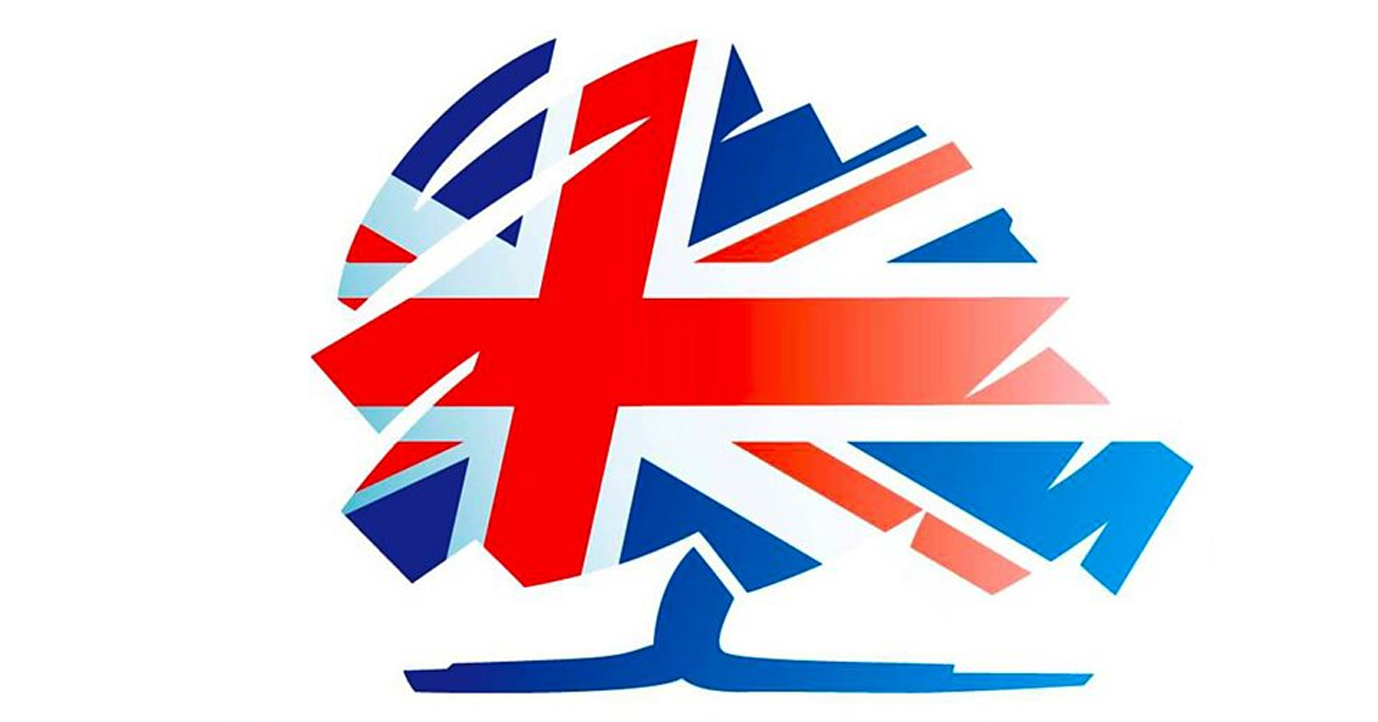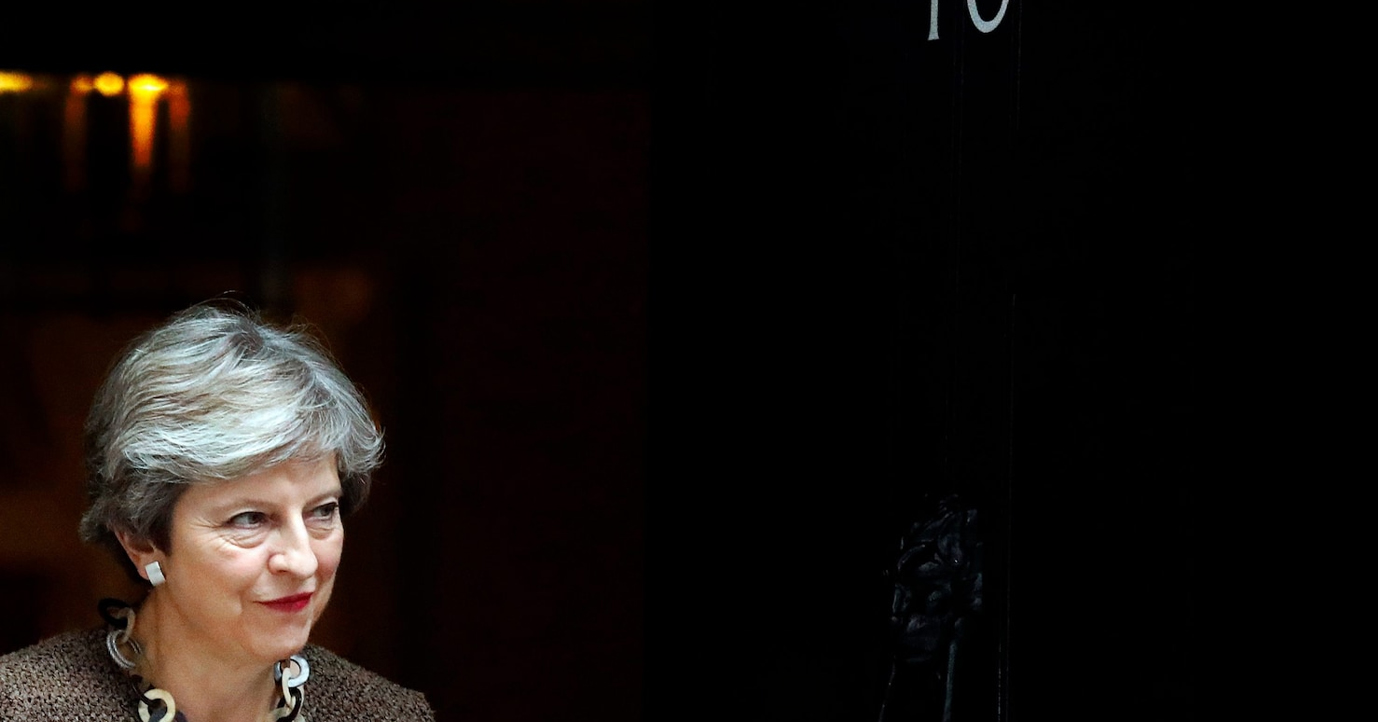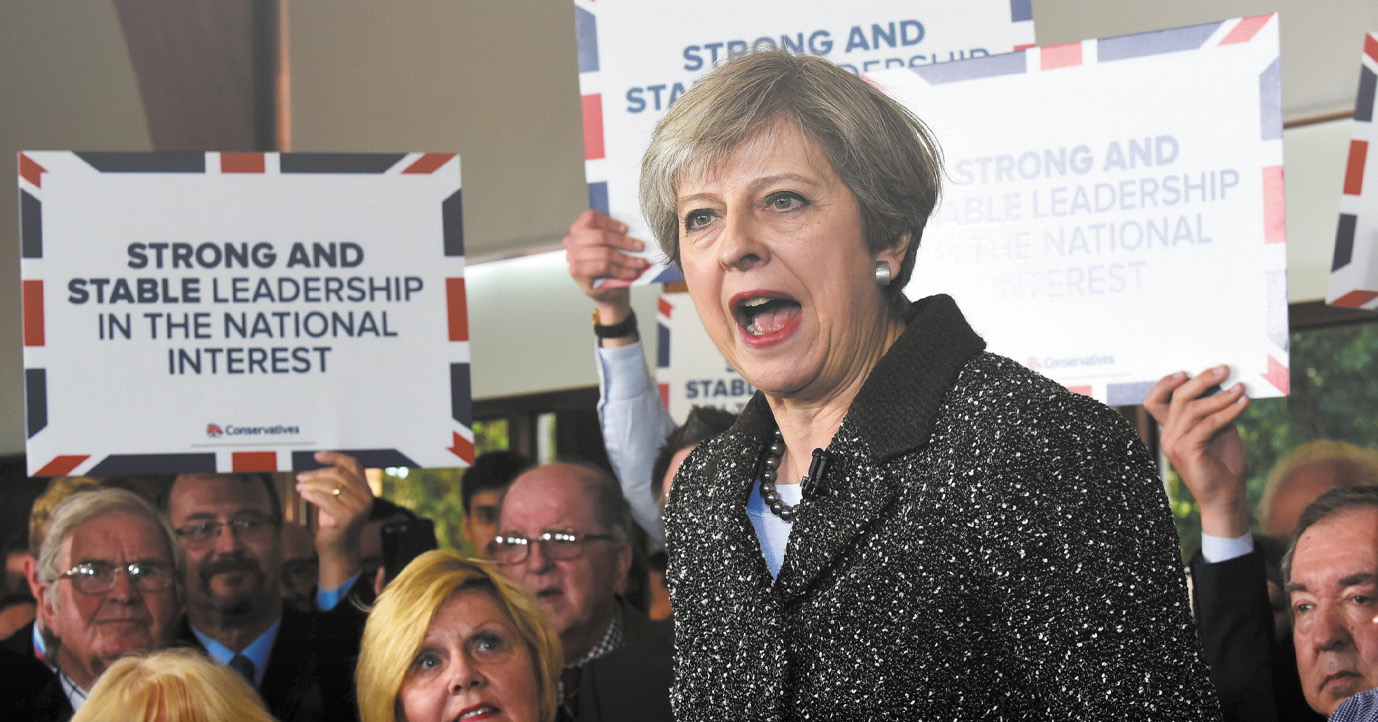
If you want to know what’s really happening in an election, ask the voters. As in 2015, and at the referendum, my polling team will conduct focus groups around the country to hear what real people make of the campaigns, parties, leaders and issues, and each week I will report what they have to say. And you don’t have to take my word for it – you can listen for yourself on the weekly Ashcroft Election Tour podcast, the inaugural edition of which is also out today.
We begin our tour in London, in three seats that illustrate the complicated dynamics of this election: Bermondsey & Old Southwark, which the Liberal Democrats are aiming to take back from Labour; Twickenham, now a Tory seat which is under threat from the Lib Dems; and Brentford & Isleworth which, if Labour lose it to the Conservatives, will have changed hands three elections running.
Snap!
By no means everyone welcomed the prospect of such an early return to the polling station. “I think it’s a bit cheeky… She was obviously trying to seize the situation. She might say that she was trying to get a bit more power, but to go when Labour’s at the lowest they’ve been does seem a bit opportunistic;” “She’s realised that she’s going to get a terrible negotiation from Brexit, so she wants to get re-elected before everyone finds out that she’s got us a really bad deal.” For some, it was “all happening too fast. Normally you have three or four years to digest what the government is doing… We’ve had one huge major decision in Brexit very recently, and all of a sudden we’re making another.” Or to put it another way, “I don’t know what I’m buying, do I? I haven’t seen you perform yet.”
A few even expected the move to backfire, especially among those who voted to remain in the EU: “I think this could be really foolish and really damaging for her. This vote could really be revenge, a Brexit’s revenge”; “It makes me feel I can’t trust her, because she said again and again, ‘I will not do this’, and then she changes her mind… That’s what made me feel, maybe I’ll go to little Vince.” (Little Vince? We’ll come back to that.)
More often, our participants (at least those thinking of voting for her) largely accepted Theresa May’s own reasons for calling an early election. “I believe she’s not getting the support she needs to leave… There is so much discord happening in the political world, so many other parties and leaders going against Theresa May, so she wants to show that side ‘the people are with me, I’m going to do what I have to do’.”
Some argued that the election was about other things too, or at least ought to be (the NHS, school funding, housing, tax, social work, housing, the environment and local issues were all mentioned). But whether or not people welcomed the prospect or particularly cared about it, most agreed that the election was all about Brexit, simply because it was there: “The person who gets elected will have to take us through that.”
Come dine with me
Most participants had heard the week’s main political news: “Oh, she had a dinner.” Most needed reminding of the name of the PM’s visitor, European Commission President Jean-Claude Juncker. “The name rings a bell but I’m not sure of his position.” “Is he the Russian guy?” No. “It’s Jean-Claude so it must be French.” He’s not French. “Is he Swedish? Dutch? German? Belgian?” No. “He was a judge for quite a few years.” No, he wasn’t. But anyway, what about this dinner? “It didn’t go too well, apparently.” Apparently not.
However hazy on the details, the groups had grasped the tenor of the leaks. Few found this very alarming, seeing it either as a negotiating tactic, or an expression of Europe’s fear of the future without Britain and (more to the point) its money: “They’re all frightened, aren’t they. They’ve got the French election coming up, and if Marine Le Pen gets in, oh my God. They’ll take France out, and that will be the end of the EU. So I think they’re all shit scared. Excuse that, sorry.” Far from seeing the episode as a told-you-so moment, many of those who had voted to stay in the EU were unimpressed: “I understand the logic of why we need to remain, but now they’re coming over and threatening us in our own territory.”
However they had voted in the referendum, most in the groups who were considering voting Conservative considered Theresa May’s Downing Street statement on Wednesday afternoon, in which she accused some in Europe of trying to interfere in the election, a suitable response: “She’s got a point. We don’t mean them any harm, we’re out now so that’s it, we just have to make the best of a bad situation. Don’t threaten us and bribe us and stuff like that, just get on with it;” “Sounds like we’re in the war! I thought we were listening to a broadcast from Churchill;” “I partially believe what she’s saying. I think Europe is taking advantage of the fact that we’re having an election, definitely. They’ve probably had a meeting with her or seen how hardline she is, and he’s worried. So if they can get her out and get someone softer in, they’ve got a better play.” (Anti-Tory remainers, however, tended to take a different view: “I feel like she’s inflammatory to the EU, she makes the position worse. She winds them up.”)
The widespread feeling in the groups, even among many former Labour voters, was that Mrs. May was by far the best person to speak for Britain in the Brexit negotiations, not least because the alternative was unthinkable: “I can’t imagine Jeremy Corbyn sitting with 27 EU leaders on the other side;” “Labour would kind of pander to what other people want and kind of mess it up in the end.”
There were mixed feelings, though, on whether a big Conservative majority would mean a harder or a softer Brexit. Intuitively, people tended to think that the more Tories in the House of Commons, the harder our departure would be: “I guess because the Tories are on balance more pro-leave than the other parties, and the referendum in the first place was to appease the backbenchers, so if the majority goes up a lot, you’ll have more of that leave feeling”. But a few saw things differently: “She didn’t want Brexit originally. There is a massive rivalry between people in the Tory party who want a hard Brexit and people who don’t, so I think she will feel she’s got more of a mandate for a softer Brexit.”
For some others, especially unreconciled remainers, the week’s events had shown that the size of the government’s majority, or even the identity of the individual sitting on our side of the table, were neither here nor there – Europe would give us the deal they were going to give us, and that was an end to it. “She’s trying to rush it forward saying ‘this is the deal we want’ and it’s like, ‘well, no, this is our terms – we’ll tell you how it’s going to go now;” “I think what we’ll get what we’re given, no matter who’s in power.” After all, “they don’t want the EU to break up, so they can’t give us a good deal.”
Revival?
In Twickenham and Bermondsey, former Tory and Labour voters thinking about switching to the Liberal Democrats tended to have two things in common. First, they were still very much exercised about the referendum result. Second, they thought something could still be done to frustrate or reverse it: “I think what the Lib Dems are saying is, we want to see the deal, we want to see the end, and then we’ll have another chance to say ‘is this a good future?’” Some did not know the party’s position, but were in the market for its message: “It seems like a foregone conclusion that Brexit is going to happen, but if any of the parties were to offer an alternative to that, then that would prick up my ears.”
These conditions were not themselves sufficient. Some in Bermondsey who were absolutely not over the referendum result (“I still can’t believe it happened. It’s like a really, really bad episode of The Day Today”) could still not countenance the Lib Dems: “There’s so few of them, the coalition was terrible, I’m disappointed by them and I’m disappointed by Labour, so it’s like a toss-up of who I’m least disappointed by.” Others wondered what their positions were on other things: “I only know their stance on Brexit. I don’t know what else they’d get up to.”
Some in Twickenham were faced with the familiar dilemma between their preferred candidate locally and their preferred government nationally. Unlike 2015, however, few thought a vote for the local hero would lead to a change of personnel in Downing Street: “If I vote for Vince, there’s no way the Lib Dems are going to run the whole country. But I quite like Vince and I like what he does locally;” “He’s like a loveable old grandfather. He was the type of person, if you wrote a letter, you’d get a reply.” Some were even thinking of voting Lib Dem to provide “some sort of balance… I think it will be Theresa May on 8 June, but you can think why people would vote Lib Dem to counterbalance that.”
Not a spin merchant
Most in the groups saw Mrs. May as a very different leader from David Cameron. Whereas the Tories had once “seemed like royalty stepping out of their palaces” with “no clue how we lived,” the PM “has worked her way from the ground up to where she is now, so she does represent somebody who is hard-working. She isn’t the one who has been, what do they say, born with a silver spoon. She’s not one of those.” Also, she is “not as much of a spin-merchant as David Cameron was. She seems quite forthright and clear-thinking. She’s just a straightforward politician. And you might not agree with her views on everything, but I think she says everything in firm belief.”
These virtues were not, in themselves, always enough to seal the deal with wavering former Labour voters: “Although I voted to leave, and this is one party that is doing its best to leave when the other parties have no clue what to do, right now there’s not much information out there… What are they going to negotiate, and why? They need to be more transparent about what their plans are.” For others, choosing the right candidate to speak for Britain over Brexit had to be weighed against other concerns: “We’re going to get absolutely hammered by the other 27 countries, and we need someone strong to give us the best deal… I also think she will, at the same time, put a lot more right-wing policies in place in the UK.”
“Emirates or EasyJet”
Most previous Labour voters in the groups – including many who were leaning towards voting for them again – agreed that things were not going terribly well. Though people readily forgave Diane Abbott her mishap over police funding (“a mistake is a mistake;” “I feel sorry for her”), the incident somehow illustrated the overall impression given by the party: “they have no clue about anything.”
Potential Labour voters struggled to say what its position was on big issues: “The party’s in disarray. I mean, do they even have a stance on Brexit? I don’t know;” “They’re in such a state, it’s hard to get what the central message is, even this close to the election;” “It’s just spending more money to fix things at the moment, and it has to be much more solid than that for me.”
Even some committed Labour supporters found themselves wavering: “I really want to like him, and I do like him, but I don’t have confidence in him… I would be a Labour voter every day, but I haven’t got confidence for the next election, which is why I’m so undecided;” “I couldn’t a hundred per cent now just tick the Labour box. My confidence level needs to be above 50 per cent, and it’s not there yet… I don’t want to abstain, so if I was forced to vote right now, I would probably tick, maybe, blue.” And how many people would you tell afterwards? “Probably nobody.”
Confidence was the recurring theme in these laments. “Labour and the Conservatives is like being on Emirates and EasyJet. The Conservatives are Emirates and you always know who’s flying the plane, and then Labour’s EasyJet and they’ll just tell you, oh, the pilot’s sick today, don’t worry, there’s a bloke from down the road who’s just woken up to fly your plane.”
For some, it was Jeremy Corbyn’s virtues that were the problem: “He’s too principled. You need to be pragmatic and sneaky like the Tories to get anywhere.” And not everyone took the same view: “I saw him on the Andrew Marr Show, and I was sitting there thinking, actually, you’re making a lot of sense, and I kind of agree with quite a lot of what you were saying. And that slightly surprised me.”
Big beasts
That’s all very well, you might think, but if the Jeremy Corbyn were an animal, what kind of animal would he be? “An anteater. He kind of resembles one, for some reason. But it’s more the manner of an anteater. It’s not get-up-and-go, it’s kind of in its place, isn’t it, the anteater?” “A cat.” What sort of cat? “Not a wildcat”. “Maybe a meerkat. He stands up on his legs and looks around when something’s happening, but then goes back down again.” “A fox. Whenever you get close to question it, it just runs off, and you never get your answer.” “A turtle. Sticks his head out, sheepishly.” “A sheepdog, an old English sheepdog… I think because he rides a bike and he’s a vegetarian and things like that, I kind of find him quite approachable and kind of shaggy.”
And the Prime Minister? “An owl. Sits in her tree and gets on with it. Astute.” “I think maybe an owl. Quite poised, and intelligent.” “It sounds really rude, but it’s not in a rude way – a dog, in terms of her bark is bigger than a bite.” “A British bulldog.” “What are those ones that look like wolves? Huskies.” “You know, I think huskies are quite gentle, and I don’t think she’s gentle. I think she’s more of an Alsatian. She barks, but to really bite the bone, I don’t think she’s there yet.” “I was thinking of a bull. Strong, standing her ground. Bulls are not usually angered, there has to be a reason, so they’re usually calm.” “I’d probably say a bull. She kind of runs with her ideas and nobody dares to stand in her way, so you just have to accept it’s Theresa May and just let her do what she wants, really.”


